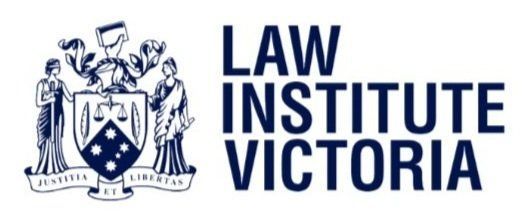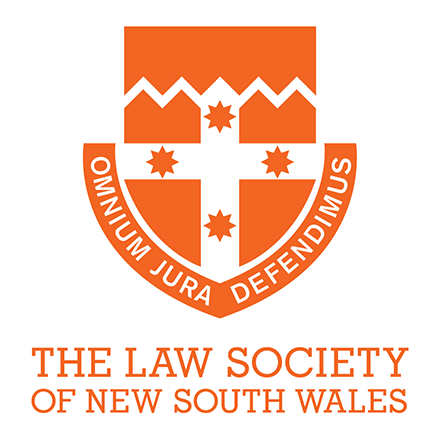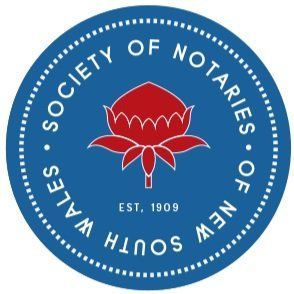We understand that the loss of a loved one is an emotional and challenging time. Our estate team is here to offer understanding and practical assistance, helping you manage the legal and administrative responsibilities with sensitivity and efficiency.
At Pogson Cronin Kerr Solicitors & Notary, located in Lavington, NSW, and serving the Albury-Wodonga region, we provide compassionate legal support to help you navigate the complexities of deceased estates. Whether you're managing probate, administering an estate, or resolving disputes, our experienced team is here to guide you through every step with care and expertise. Let us handle the legal details so you can focus on what matters most.
Managing a Deceased Estate
Initial steps to take following a death:
Locate the deceased's Will
If the deceased left a will, generally speaking, a copy will usually be located amongst the deceased's personal papers.
If a copy cannot be located, enquiries should be made of the law practice that usually acted for the deceased if those details are known. A solicitor can also reach out to other law firms within the area to see if they hold the deceased's Will. The original Will is required for the estate administration process.
Once the Will is located - check to see who the nominated Executor is and whether the deceased specified any wishes regarding their funeral arrangements and burial/cremation.
Contact a Funeral Director
The funeral director will make all the necessary funeral arrangements.
Although the Executor is ultimately responsible for ensuring the deceased's wishes are carried out in accordance with their Will, funeral arrangements are usually made in consultation with the deceased's next of kin and family, particularly in the absence of any specific funeral instructions. If there is no Will, the next of kin usually makes the funeral arrangements.
Importantly, following the funeral, the funeral director will usually make an application for the Death Certificate.
Issue of the Death Certificate
Once the Death Certificate is issued, it will be provided to the next of kin of the deceased or the estate executor.
The original Death Certificate is essential to commence the estate administration process.
Gather details of assets and liabilities of the deceased
Details of all property and assets owned by the deceased, whether in their sole name or jointly held, together with any debts (liabilities), will be required to determine how the estate administration will proceed.
ASSETS INCLUDE:
Real Estate
Primary place of residence, investment properties, leasehold interests, residential accommodation bonds
Money in bank accounts
Savings, term deposits, crypto-currency like Bitcoin
Shareholdings
Shares in companies, both public and private
Motor Vehicles
Cars, motorbikes, caravans, trucks
Personal effects of significant value
For example, artwork, collectibles, antiques
Superannuation
Superannuation policies only form part of an estate where there is no nominated beneficiary on the policy. When a beneficiary has been nominated on the policy, the benefit is paid directly to that person and does not form part of the estate asset total.
Life Insurance
Life insurance policies only form part of an estate where there is no nominated beneficiary on the policy. When a beneficiary has been nominated on the policy, the benefit is paid directly to that person and does not form part of the estate asset total.
LIABILITIES INCLUDE:
Credit card debts
Outstanding balances on credit cards.
Delayed payment facilities
Such as Afterpay and Zip Pay.
Mortgages
Any outstanding balances owing on primary residence or investment properties.
Loans
Personal loans, business loans, car loans or any other type of loan outstanding
Unpaid bills and invoices
Utility bills such as
• Rates and Water
• Electricity and Gas
• Phone and Internet
Tax debts
Any unpaid taxes owed to the ATO
Obtain beneficiary details
We will need to know the contact information of all beneficiaries named in the deceased's Will, including correct spelling of full name, age, residential address, phone number, email address, and bank account details (in the case of a monetary gift).
During the administration process, we will contact each beneficiary to make arrangements for their gift under the Will to be received.
Estate Administration Methods
Survivorship
Generally, the principle of survivorship applies to jointly held assets. If the deceased held property as a joint tenant with another person, such as a husband and wife, the deceased proprietor is removed from title by way of registration of a Notice of Death. The property is then held in the sole name of the surviving joint tenant.
Similarly, if bank accounts or other assets such as shares are held in joint names, usually the deceased is removed from the joint account, and it remains in operation and in full control and ownership of the surviving asset holder.
Grant of Probate
Probate is an Order of the Supreme Court authorising executors to realise the assets of the estate and then to distribute the estate in accordance with the requirements of the Will.
Letters of
Administration
Letters of Administration is legal permission from the Court for an appointed administrator to proceed with the duties of estate administration. This process is required when the deceased has no valid Will. Distribution of the estate will be made in accordance with the laws of intestacy.
Estate Disputes and Family Provision Claims
On occasions, a dispute may arise regarding the deceased's Will, particularly between beneficiaries or those related to the deceased who have not benefited under the Will.
A family provision claim challenges Will entitlements in Court. You can make a family provision claim if you're related to the deceased or had a close relationship with them and show a financial need that the deceased had a moral obligation to meet.
Factors the Court will take into consideration include your overall financial need, your relationship with the deceased, any obligations the deceased may have owed you, and your financial circumstances compared to other beneficiaries.
If you feel you have been inadequately provided for or have been left out of a Will, contact us for advice on your position.
Our Deceased Estate Solicitors
Call 02 6049 4400 for compassionate legal support with deceased estates in Albury-Wodonga.









